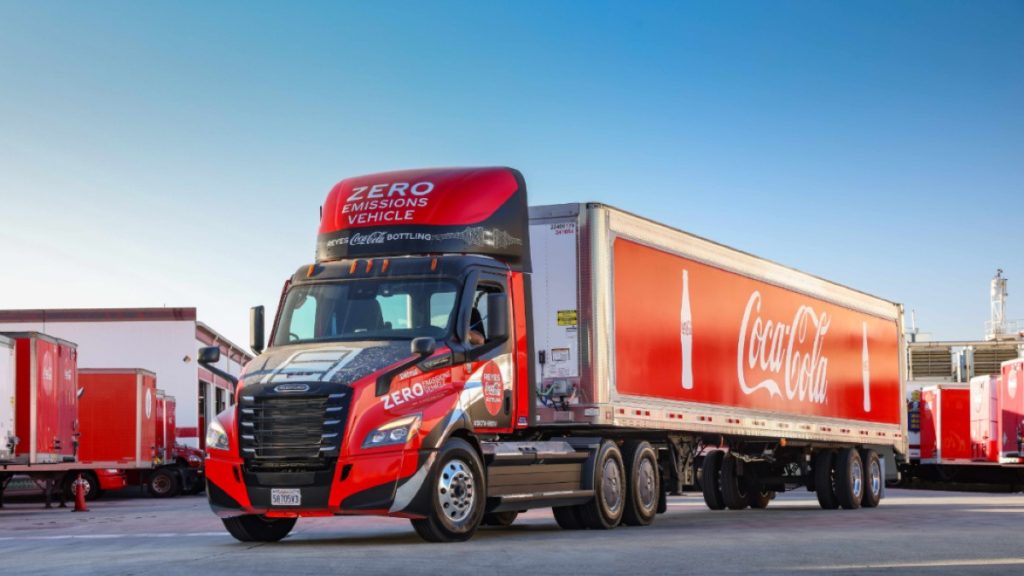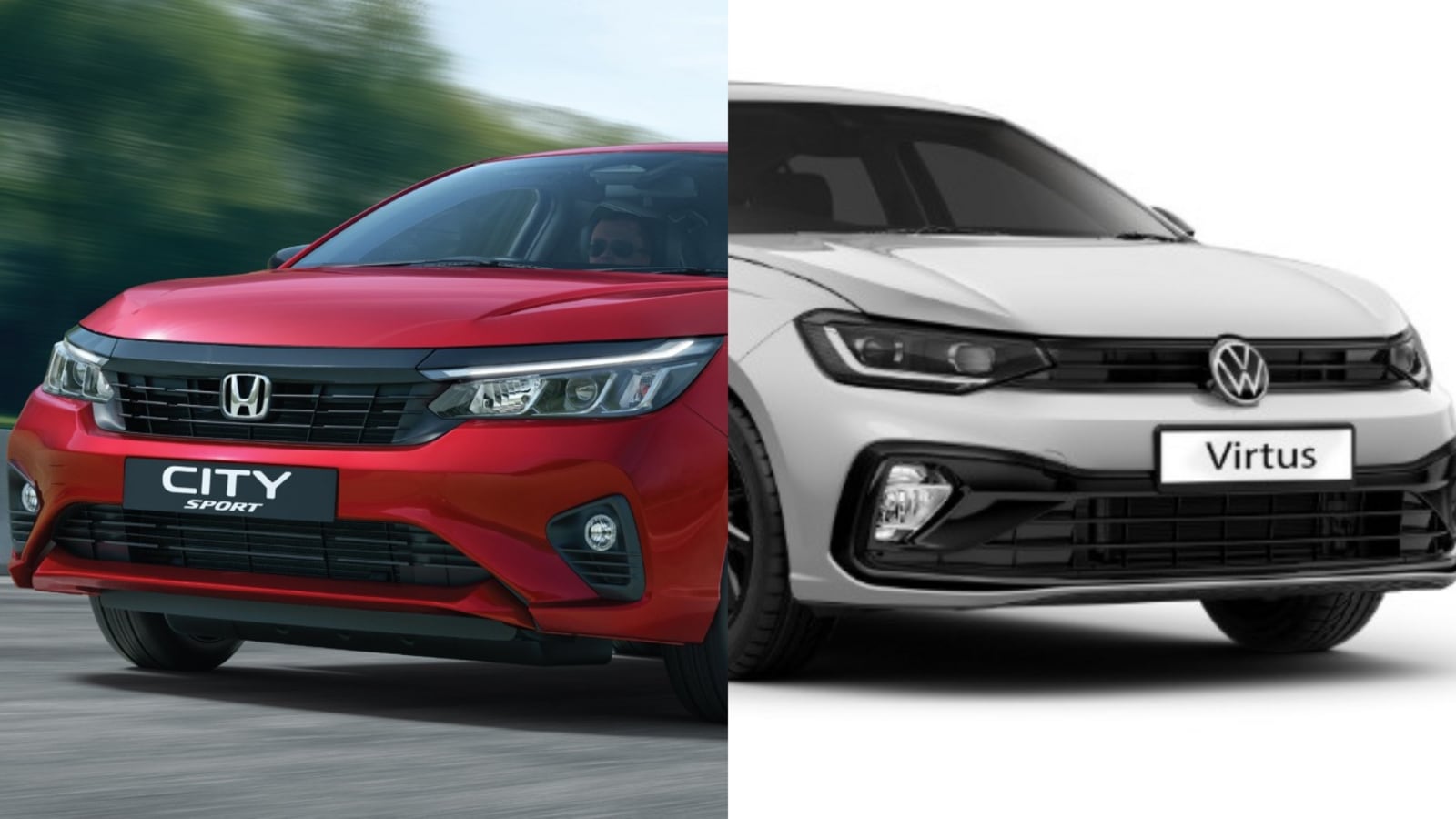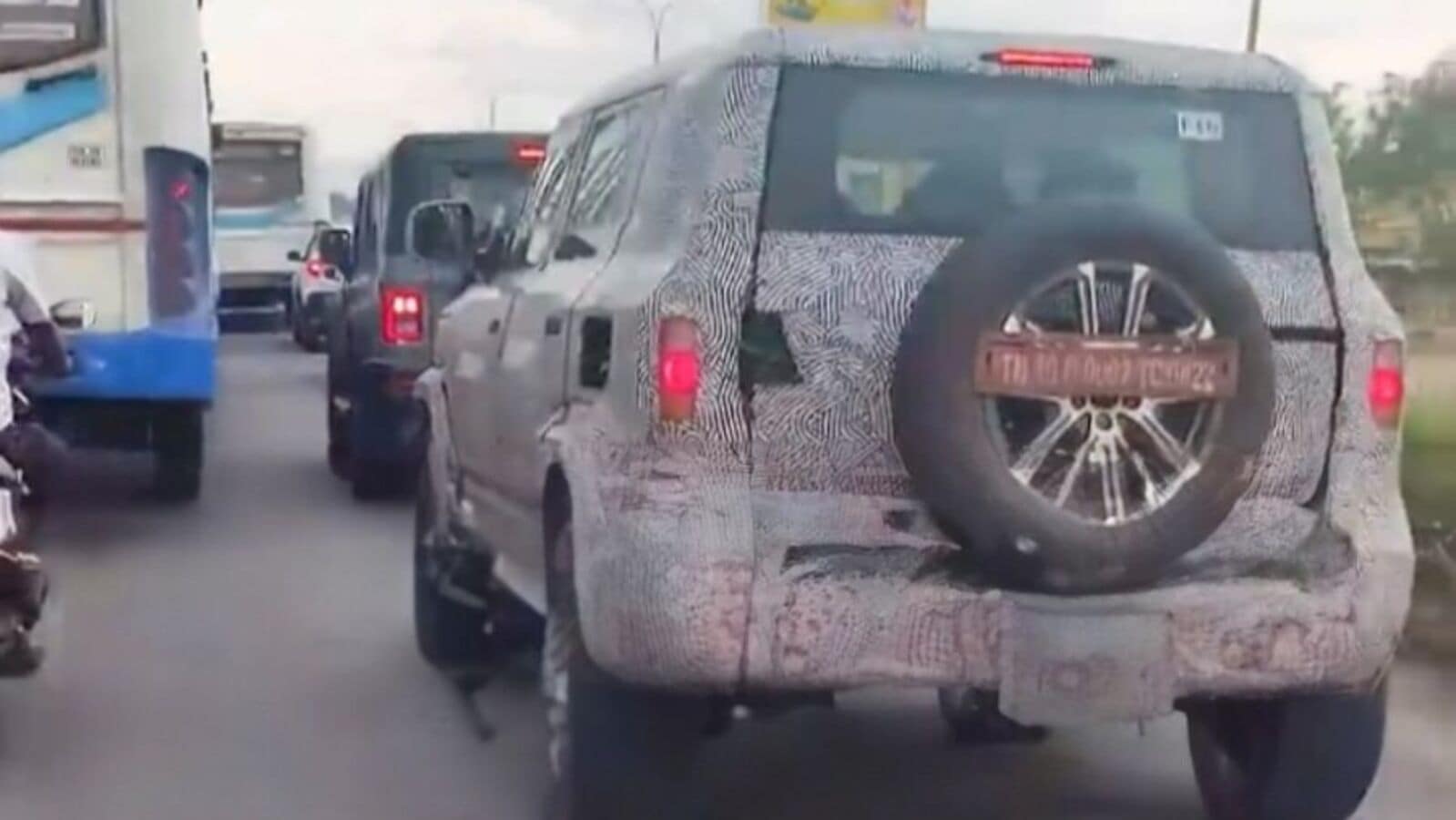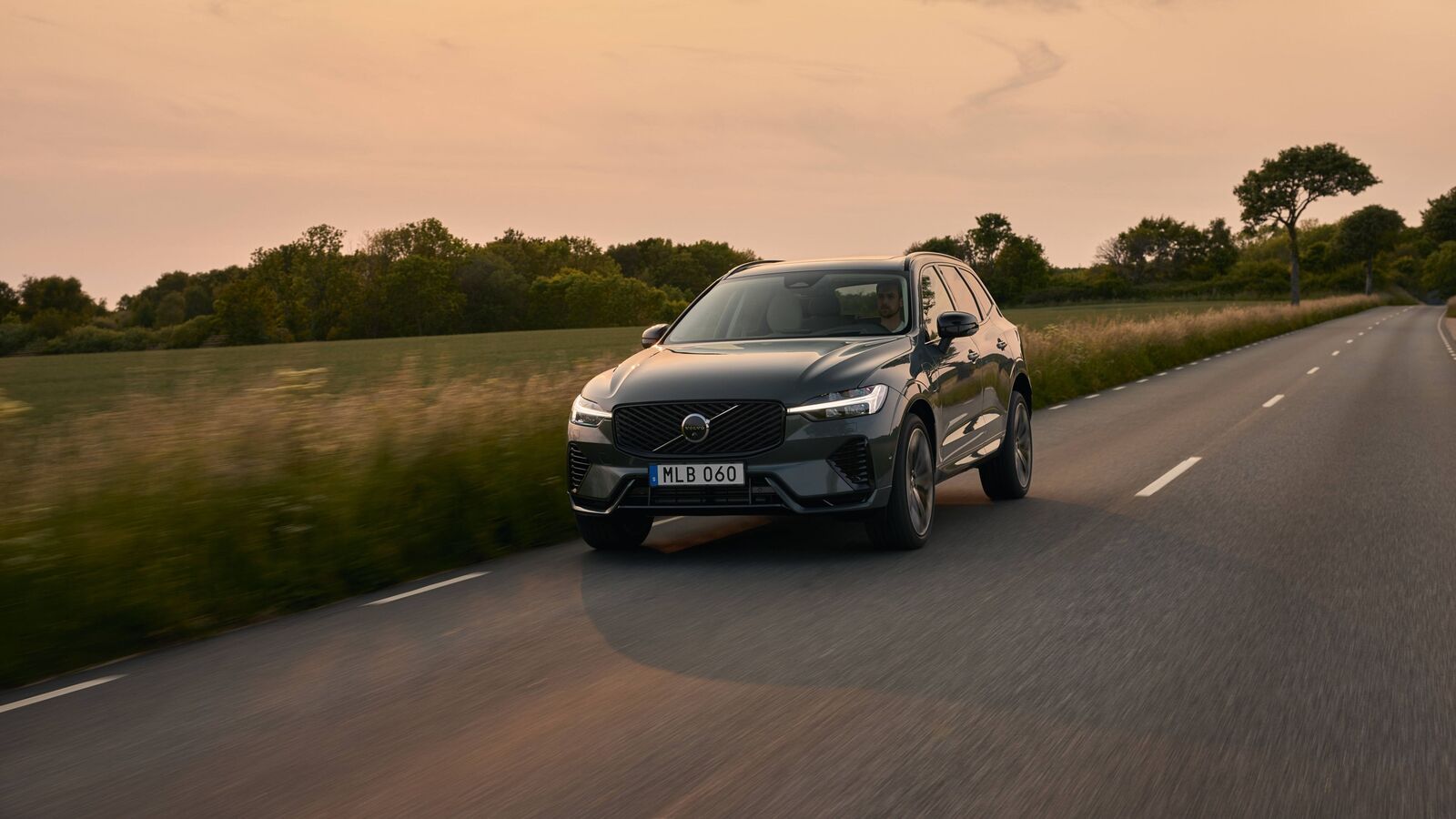The California Air Resource Board (CARB) has withdrawn its request to enact the proposed Advanced Clean Fleets rule, which required fleets that are “well-suited for electrification” to reduce emissions through the phase-in of Zero-Emission Vehicles (ZEVs) and the banning of commercial diesel sales after 2035.
The state of California submitted its Advanced Clean Fleets (ACF) request to the EPA, which would have required trucking fleets in the state to transition to zero-emission vehicles beginning last year, in November of 2023, spurring a number of drayage fleets and port operators to accelerate their adoption of electric trucks and encouraging manufacturers to route the bulk of their BEV manufacturing capacity to California.
As the sun sets on the environmentally friendly Biden Administration, however, CARB is backing away from a fight with the incoming Trump Administration to enforce its state’s rights to enact emissions standards that are more strict than the federal regulations.
“Frankly, given that the Trump administration has not been publicly supportive of some of the strategies that we have deployed in these regulations, we thought it would be prudent to pull back and consider our options,” CARB chair Liane Randolph said in an interview. “The withdrawal is an important step given the uncertainty presented by the incoming administration that previously attacked California’s programs to protect public health and the climate and has said will continue to oppose those programs.”
The EPA has acknowledged the withdrawal of the state’s waiver request, which effectively delays implementation of CARB’s ACF rule for at least four years, contingent on the state’s maintaining its beliefe that it requires a waiver to enact a regulation that isn’t strictly an emissions standard. California governor Gavin Newsom, meanwhile, intends to continue to push for ZEV adoption in the state with a number of state-level incentives to promote further decarbonization.
Here’s hoping the BEVs and ZEVs have better luck next round.
Electrek’s Take

While some may celebrate the delay of the Advanced Clean Fleets rule, their celebrations will undoubtedly prove to be myopic and short-lived. The reality is that America is no longer the world leader in technology or transportation that backward organizations like the American Trucking Association believe it to be, and the fact is that delaying a transition to cleaner, more efficient technology will only put the US further behind its economic rivals in Asia and the Middle East.
Even before this Pyrrhic victory for American truck brands that have been slow to push BEVs into production, demand for diesel was at a generational low, and companies like Volvo, Renault, and Mercedes-Benz have been logging millions of electric miles on their deployed trucking fleets.
All of which is to say: if you thought it was going to be hard for American brands to catch up before, it’s going to be even harder now.
SOURCES | IMAGES: ACT News, Overdrive; Reuters.
FTC: We use income earning auto affiliate links. More.




